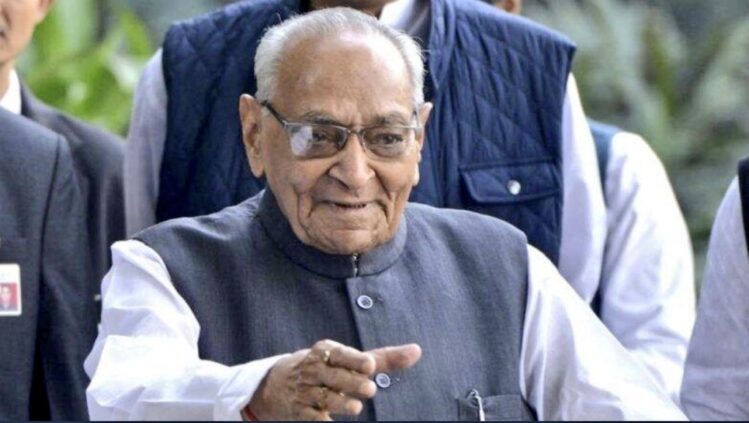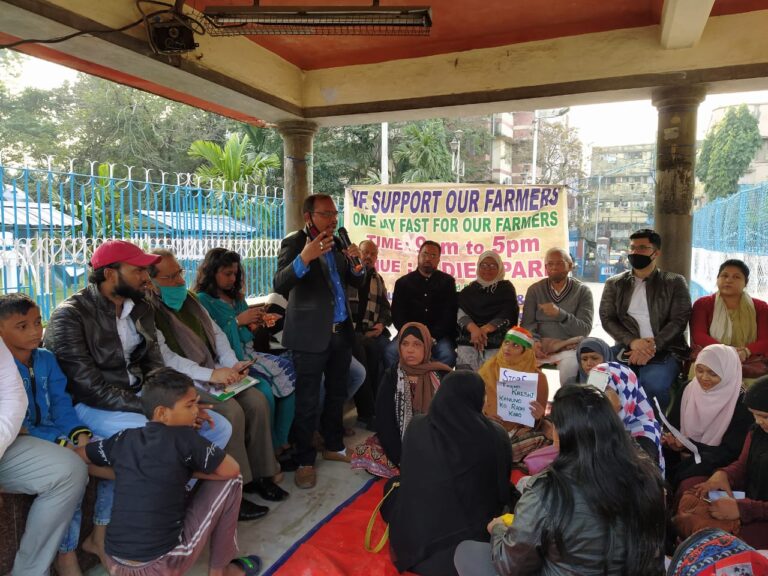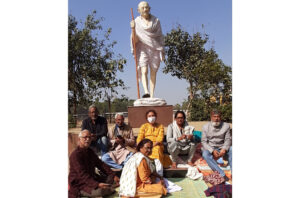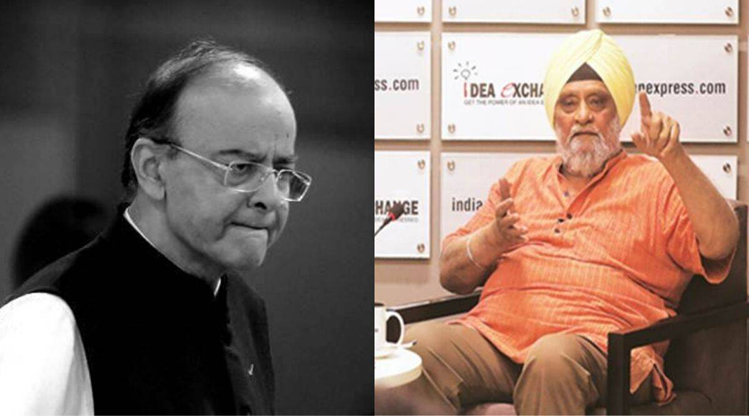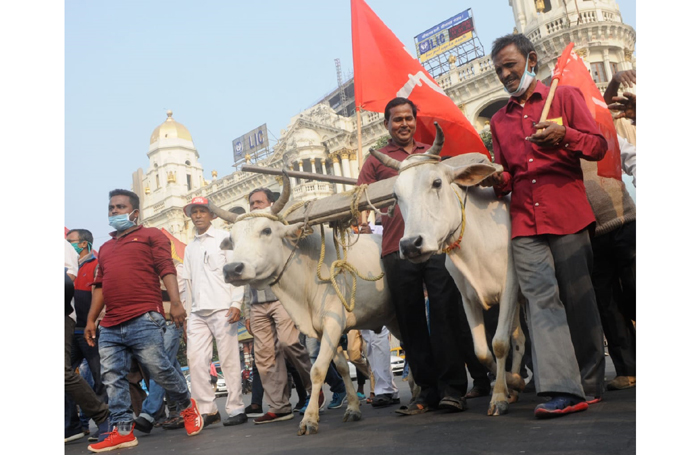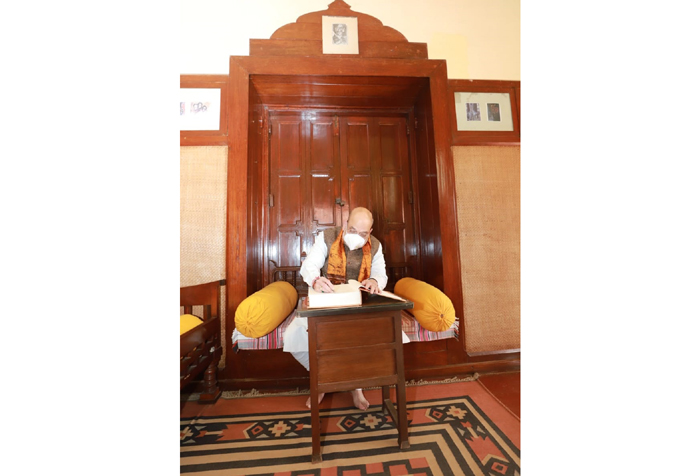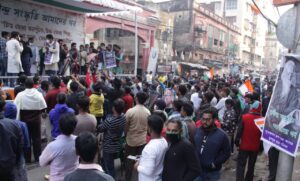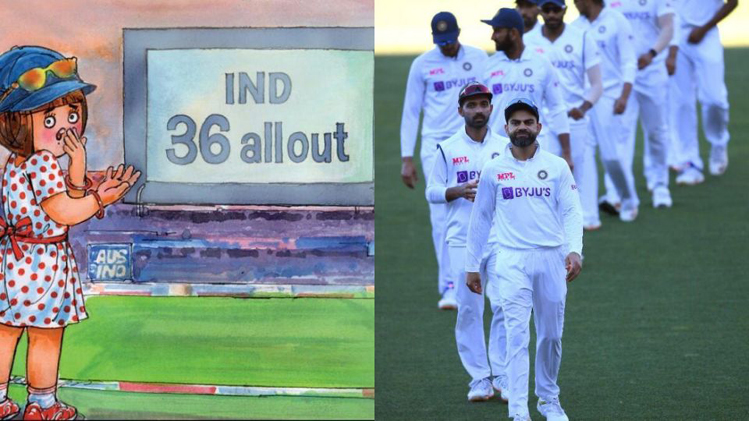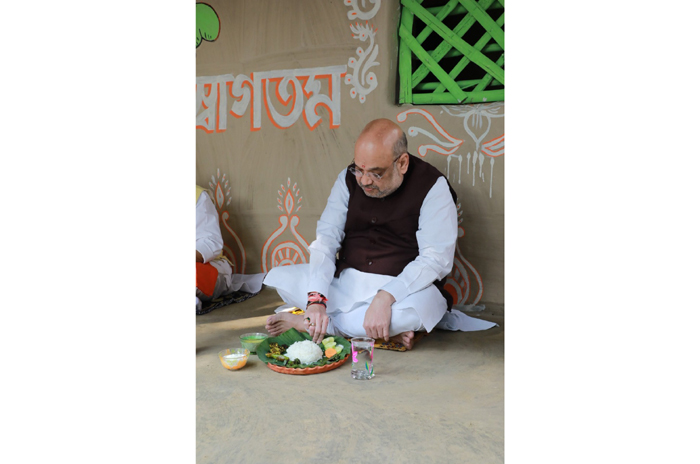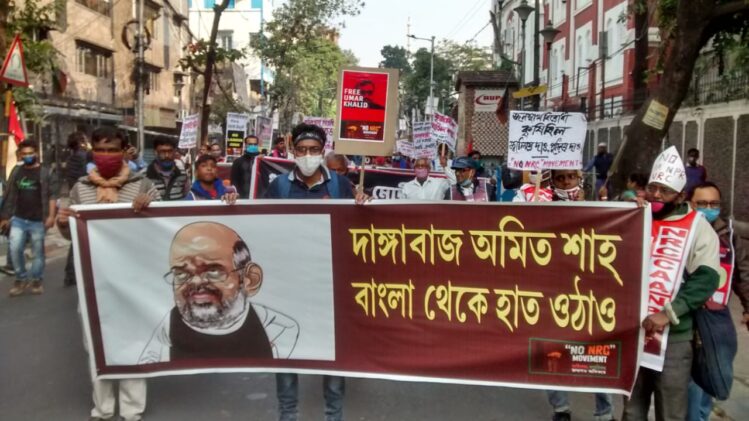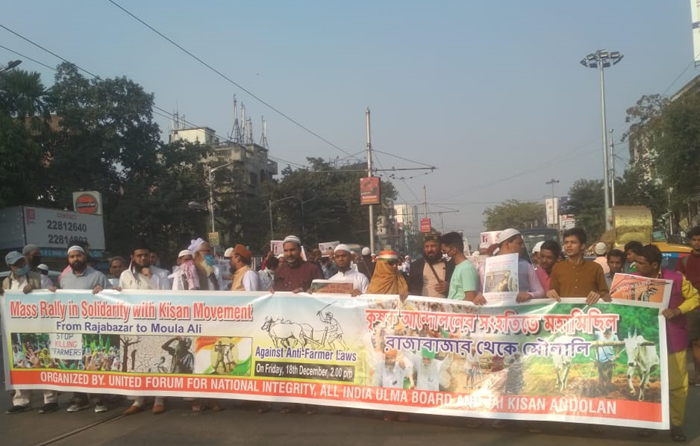“Bhakti in religion may be a road to the salvation of the soul. But in politics, Bhakti or hero-worship is a sure road to degradation and to eventual dictatorship,” said BR Ambedkar. As we reel under the weight of India’s ignominious Adelaide defeat, it is worth exploring what bhakti leads to in team sport.
One could say comparing sports to politics is unfair as sports are more like the performing arts, thriving on the pleasure of the spectators, and that pleasure often comes from the performance of an individual. True. But the art form team sport most resembles is drama — live and performed by a team of individuals, not editable like films if you make a mistake. And a play cannot be successful unless even the best actor in the team follows the plan. Even a Shakespearean tragedy can make a theatre full of people laugh if an actor as legendary as Sir Laurence Olivier decides to act the way he likes, disregarding co-actors, or the lighting, or the dialogues. It is the same for team sport (unless you are Diego Maradona, in which case everyone else is a prop), only difference being here nobody knows what happens in the end. Any such enterprise involving so many human beings inevitably involves a lot of politics. Theatre groups have come apart because of internal politics, so have sporting teams. But we are talking about much more. When the enterprise has grown into a billion-dollar industry like Indian cricket, it cannot but be influenced by macro-politics, too, because it is part of macroeconomics.
Ramachandra Guha has already spoken out on how the Board of Control for Cricket in India is actually being run by the country’s ruling dispensation. Cricketers, journalists, analysts, even discerning fans understood much of it anyway because there is hardly any attempt to hide it. Hence, we are now aware of the hold national politics has on the administration of cricket. What we are perhaps not realizing is the impact of our politics on people directly involved with the action on the field.
To quote Sanjay Manjrekar, “It’s important to not look at 36 in isolation but at 165, 191, 242, 124, 244, and then at it. These are team totals in their last three Tests (two in New Zealand) when the ball moved. This is all India could muster, and they lost all three. So, 36 as a low score may be an aberration, but of late India have been incompetent as a batting unit when the ball has swung or seamed.” The string becomes longer if you count India’s totals on their last tour of England in 2018, where the team lost the series 1-4. It reads: 274, 162, 107, 130, 329, 352/7 declared, 273, 184, 292, 345. Just three 300-plus totals in ten innings. If we go back to the 2017-18 series in South Africa, where India could only win the dead rubber, the totals are: 209, 135, 307, 151, 187, 247. One 300-plus total in six innings. All this is technical information, but one needs to ask “why”. Why no improvement in the ability to play the moving ball despite this string of low totals? The answer is arrogant denial — typical of Team India’s management as well as the country’s management.
One can only rectify a mistake after admitting it. But Ravi Shastri and Virat Kohli never admitted there was a problem. The huge wins in between against the West Indies, Sri Lanka, South Africa et al in calmer conditions, and the historic victory on their last tour Down Under helped in brushing the flaws under the carpet. After losing the five-Test series 1-4 in England, Shastri, instead of owning up to failure on two consecutive big foreign tours, remarked, “If you look at the last three years, we have won nine matches overseas and three series… I can’t see any other Indian team in the last 15-20 years that has had the same run in such a short time, and you have had some great players playing in those series.” He was conveniently forgetting India’s series wins in England and the West Indies in 2007; the 2008-09 win in New Zealand, apart from the heroic performances in England and Australia in 2002, 2003-04, 2007-08. He was also papering over the fact that his team’s overseas wins include teams which are hardly competitive today. It reminds one of the government’s convenient tweaking of methodology for calculating GDP to make the emaciated economy look robust. A journalist asked Kohli whether that tag suits his side. He hit back “What do you think?” When the journalist said he was not sure, the visibly angry captain said, “That’s your opinion.” The nonchalance in calling inconvenient truth just an opinion stunned many but not all, because we were already living in a country where economic distress due to demonetization was just an opinion as the ruling party had won elections even after that.
Kohli’s support for demonetization was overt, not covert. It is natural for him then to think truth is owned by the powerful, rest is an ignorable opinion. That approach may win elections but does not win matches. However, denying facts is acceptable as it is the age of post truth. So much so that after a disaster like 36-9, a captain can say “You can make a lot of team plans but in such important (pressure) situations the individuals have to keep the correct mindset…” Mindset is alright but not a word about repeated collective technical failure!
Who cares? Most will forget this Saturday, even this series, as soon as some T20 matches are won. Those who don’t, should remember what Kohli told somebody in 2018, when he said he likes English and Australian batsmen more than Indians. “I don’t think you should live in India then… you should go and live somewhere else no. Why are you living in our country and loving other countries?”
Fair enough. It has long been said that the captaincy of the Indian cricket team is the toughest job in India after the Prime Minister’s job. Don’t we ask people finding faults with our PM to go to Pakistan? If that kind of hero worship is fine in politics, it should be fine in cricket. One can neither question the PM, nor the cricket captain and/or coach. They are always right. Even when the team delivers the worst batting performance in our Test history.
This is where bhakti in cricket has brought us. To be fair to Kohli and Shastri, we have always been a country of hero-worshipers. We would not have called Sachin Tendulkar the god of cricket otherwise, but at least he had the sense to understand the game is still bigger than him. It would be a tragedy if the much-loved Indian cricket team were to suffer one shameful defeat after another because of the brazenness cricketers are picking up from contemporary Indian politics. In the last few years, Team India cricketers have shown more interest in getting disliked commentators removed than removing chinks in their own armour.
It would be an even bigger tragedy if Kohli, destined for cricketing greatness, loses the plot inebriated with power. By the time he hangs up his boots, representing the new India will cease to mean anything as it shall be old. Politicians have machinery and machinations to create history. Kohli only has his bat.



